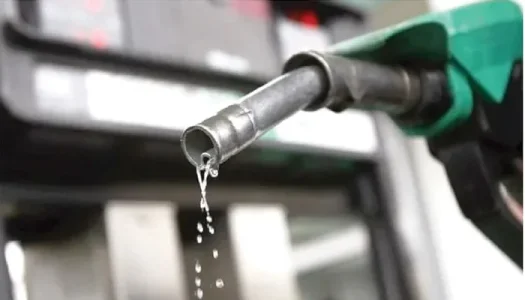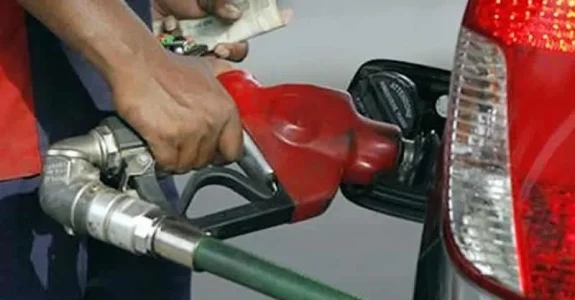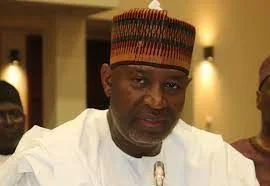
The Digest:
Amid widespread debate and public concern, the Nigerian government's new 5% surcharge on fuel and diesel has become a key topic. This list breaks down the most important aspects of the tax, from its legal history to its intended purpose and the public reaction it has generated.
Key Points:
- It's an Old Law, Not a New One: The 5% fuel surcharge is not a new tax. It has been in Nigerian law since the 2007 Federal Roads Maintenance Agency (FERMA) Act, but was never systematically enforced.
- Part of a Broader Act: The levy has been reintroduced as part of the new Nigeria Tax Administration Act, one of four tax reform bills signed into law by President Tinubu in June 2025.
- It applies to Fossil Fuels: The surcharge will be applied to the sale of refined fossil fuels like petrol and diesel, whether they are locally produced or imported.
- Some Fuels Are Exempt: Cleaner fuels like household kerosene, cooking gas (LPG), and compressed natural gas (CNG) are exempt from the tax.
- It's Not Active Yet: The levy is not currently being enforced. The law states that the Minister of Finance must issue an official order in a government gazette before collection can begin.
- The Revenue is for Infrastructure: According to the government, the funds from the tax will be dedicated to funding transport infrastructure projects.
- It Faces Criticism: The tax has been widely criticized by opposition figures like Peter Obi and consumer groups, who argue that it will worsen economic hardship and inflation for citizens already struggling with high costs.





